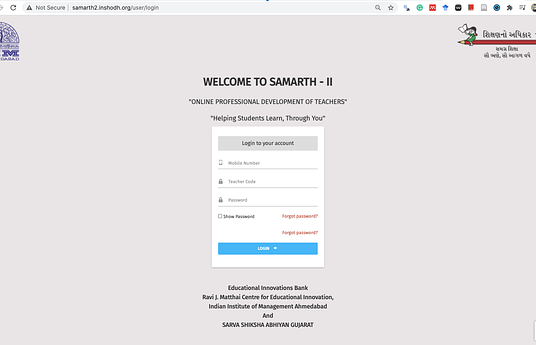Although existing conventions on assessment are comfortable and we have adapted our lives to them, new and innovative assessment, fully compatible with constructivist ideas, are indispensable in higher education curricula. Assessment by objective tests, small group assessment, peer- and self-assessment for learning and learner focus is the reason behind this learning for Assessment accelerator.
This assessment accelerator has been working in the schools we have implemented in our pilot project: 6 Secondary schools and 10 primary schools. The accelerator has employed peer to peer model, group assessment, learner focused and self assessment models in which human centred design has been engaged. The learner has been at the pivotal point in formulating the assessment objectives, key performance indicators, expected outcomes and impact and finally the monitoring mechanisms. The parent and the teacher have played the role of facilitation as opposed to the label of authority of knowledge. Most of the children in this schools which are all day schools have shown remarkable improvements in their learning and this has even been carried forward to the national summative assessment as compared to schools that lack this accelerator and moreso, boarding schools. The learners have been provoked for self discovery, peer to peer learning and teaching and team work.
We have so far realized the following outcomes:
6 Secondary schools are actively involved in this accelerator
10 primary schools are actively involved in this accelerator
300 secondary schools weak students and 500 primary schools weak pupils have been recruited in the program
Remarkable improvement in performance by the students and pupils noted
High transition rate among the learners we have involved in the program
30 teachers have so far been trained and mentored in the program
Future plans are to spread this accelerator to the 4 counties of Nairobi, Kakamega, Siaya and Busia. Currently the accelerator is operational in Kakamega county: Butere and Mumias subcounties because of budgetary constraints.
We aim to recruit 30 secondary schools and 100 primary schools in this program.
Every educational institution and Education support system organizations have the room to collaborate with us then we shall be privileged to work with those selected to promote and accelerate value based assessment in those institutions as per the SLA signed by relevant organizations. We do this through our model labelled Community Institutes for Peace and Education-CIPEs.


